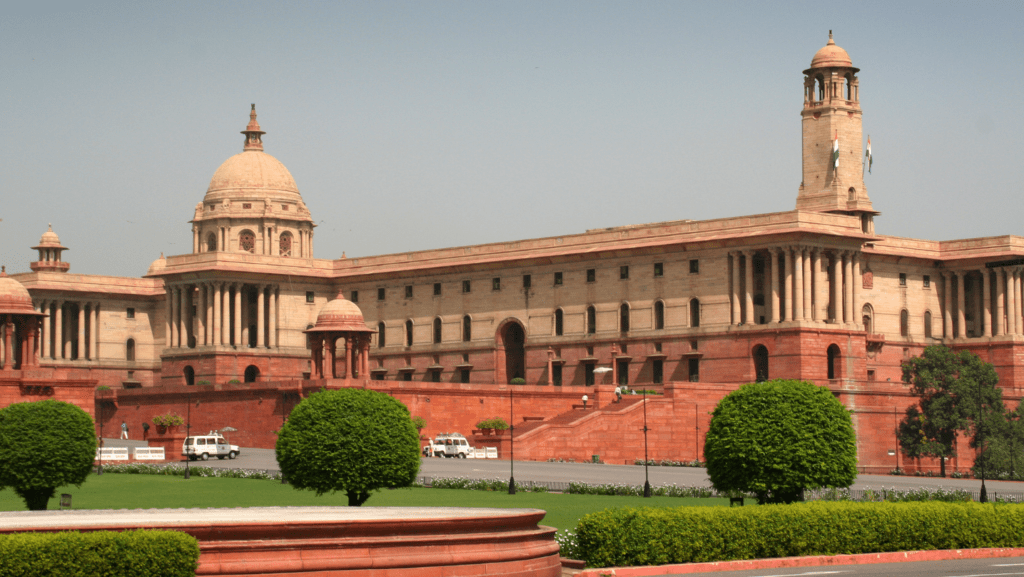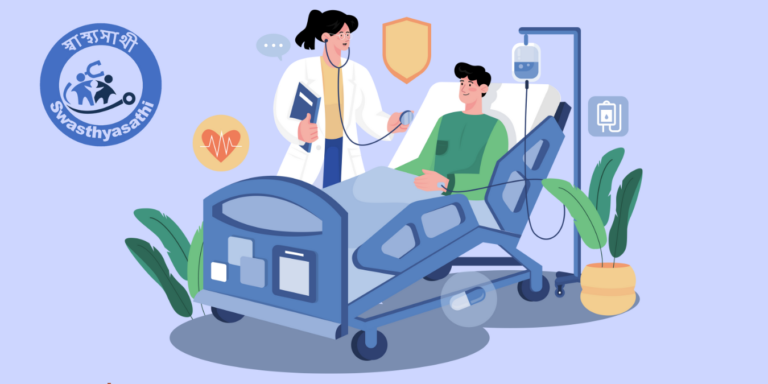
“Discover the top 12 essential covers every health insurance plan must have, from hospitalization to global coverage. Learn how to choose the best policy for your needs with the latest data and expert insights. Secure your health and finances today!”
Health insurance has become a necessity rather than a luxury. With rising medical costs and the increasing prevalence of lifestyle diseases, having a comprehensive health insurance plan is crucial for financial security and peace of mind. However, not all health insurance plans are created equal. To ensure you get the best coverage, it’s essential to understand the key features and benefits that a robust health insurance plan should offer.
In this blog post, we’ll delve into the top 12 essential covers you should look out for when selecting a health insurance plan. We’ll also provide the latest data and insights to help you make an informed decision. Whether you’re a first-time buyer or looking to switch plans, this guide will equip you with the knowledge to choose the best health insurance policy for you and your family.
1. Hospitalization Cover
Hospitalization expenses can be a significant financial burden, especially in cases of emergencies or prolonged treatments. A good health insurance plan should offer comprehensive hospitalization cover, including room rent, ICU charges, doctor’s fees, and surgery costs.
- Latest Data: According to a 2023 report by the National Health Authority (NHA), the average cost of hospitalization in India ranges from ₹50,000 to ₹5 lakh, depending on the city and type of hospital.
- Why It’s Important: Hospitalization cover ensures that you don’t have to dip into your savings during medical emergencies.
2. Pre and Post-Hospitalization Expenses
Medical treatments often involve expenses before and after hospitalization, such as diagnostic tests, follow-up consultations, and medications. A robust health insurance plan should cover these pre and post-hospitalization expenses for a specified period (usually 30-60 days before and 60-90 days after hospitalization).
- Latest Data: A study by the Insurance Regulatory and Development Authority of India (IRDAI) revealed that 20% of total medical expenses are incurred during pre and post-hospitalization stages.
- Why It’s Important: This cover ensures holistic financial protection throughout the treatment process.
3. Daycare Procedures
With advancements in medical technology, many treatments (e.g., chemotherapy, dialysis, and cataract surgery) no longer require 24-hour hospitalization. Look for a health insurance plan that covers daycare procedures—treatments completed within 24 hours.
- Latest Data: Over 150+ daycare procedures are now recognized by insurers, with costs ranging from ₹10,000 to ₹1 lakh per procedure.
- Why It’s Important: This cover saves you from paying out-of-pocket for short-term treatments.
4. Critical Illness Cover
Critical illnesses like cancer, heart attack, and stroke require extensive treatment and can drain your finances. A critical illness cover provides a lump sum payout upon diagnosis of a specified illness, allowing you to focus on recovery without financial stress.
- Latest Data: The World Health Organization (WHO) reports that critical illnesses account for 60% of deaths in India, with treatment costs often exceeding ₹10 lakh.
- Why It’s Important: This cover provides financial support for expensive treatments and lifestyle adjustments.
5. Maternity and Newborn Cover
If you’re planning to start or expand your family, ensure your health insurance plan includes maternity and newborn cover. This should cover prenatal and postnatal care, delivery charges, and vaccinations for the newborn.
- Latest Data: The average cost of childbirth in India ranges from ₹50,000 to ₹2 lakh, depending on the city and type of delivery.
- Why It’s Important: This cover reduces the financial burden of childbirth and ensures the well-being of both mother and child.
6. Organ Donor Cover
Organ transplants are life-saving but expensive procedures. A good health insurance plan should cover the cost of the organ transplant as well as the organ donor’s medical expenses.
- Latest Data: The cost of organ transplants in India can range from ₹5 lakh to ₹25 lakh, depending on the organ and hospital.
- Why It’s Important: This cover ensures that financial constraints don’t hinder access to life-saving treatments.
7. AYUSH Treatment Cover
With the growing popularity of alternative medicine, many health insurance plans now cover AYUSH treatments (Ayurveda, Yoga, Unani, Siddha, and Homeopathy). This is particularly beneficial for those who prefer holistic healing methods.
- Latest Data: The Ministry of AYUSH reports that 65% of rural Indians rely on AYUSH treatments for primary healthcare.
- Why It’s Important: This cover provides flexibility in choosing your preferred treatment method.
8. No Claim Bonus (NCB)
A No Claim Bonus (NCB) is a reward for not making any claims during the policy year. It can be in the form of a discount on the premium or an increase in the sum insured.
- Latest Data: Most insurers offer an NCB of 5-10% for every claim-free year, with a maximum of 50% over five years.
- Why It’s Important: NCB incentivizes healthy living and reduces your premium burden.
9. Restoration of Sum Insured
Some health insurance plans offer a restoration of sum insured feature, which replenishes your sum insured after it’s exhausted during a claim. This is particularly useful in cases of multiple hospitalizations in a year.
- Latest Data: IRDAI mandates that insurers restore 100% of the sum insured in case of exhaustion due to unrelated illnesses.
- Why It’s Important: This feature ensures continuous coverage throughout the policy year.
10. Cashless Treatment
Cashless treatment allows you to avail of medical services without paying upfront at network hospitals. The insurer settles the bill directly with the hospital.
- Latest Data: Over 10,000 hospitals in India are part of insurer networks, offering cashless treatment facilities.
- Why It’s Important: This feature eliminates the hassle of reimbursement claims and ensures timely treatment.
11. OPD Cover
Outpatient Department (OPD) treatments, such as doctor consultations, diagnostic tests, and pharmacy bills, are often excluded from standard health insurance plans. However, some insurers now offer OPD cover as an add-on.
- Latest Data: OPD expenses account for 30% of total healthcare spending in India, according to a 2023 report by the Indian Medical Association (IMA).
- Why It’s Important: This cover provides comprehensive protection for routine medical expenses.
12. Global Coverage
For frequent travelers or those seeking treatment abroad, global coverage is a must-have. This cover ensures that you’re protected against medical emergencies outside your home country.
- Latest Data: Treatment costs in countries like the USA and UK can be 10-15 times higher than in India, making global coverage essential for travelers.
- Why It’s Important: This cover provides peace of mind and financial security during international trips.
Choosing the right health insurance plan requires careful consideration of your unique needs and circumstances. By ensuring that your policy includes these 12 essential covers, you can safeguard your health and finances against unforeseen medical expenses.
Remember, health insurance is not just about covering medical costs—it’s about securing your future and ensuring access to quality healthcare when you need it most. Take the time to compare plans, read the fine print, and consult with insurance experts to make an informed decision.
-

IBM is the Latest AI Casualty: Shares Tank 13% on Anthropic’s COBOL Modernization Threat
-

Gold & Silver Rate Today 24 February 2026
-

Indian Stock Market Trends: Sensex Hits 83,294 Amid Global Cues – What’s Next for Investors on Feb 24, 2026?
-

Indian Stock Market Trends: Your Definitive Monday Market Briefing for 23 February 2026 — Sensex, Nifty, Bank Nifty, Top Picks & Sector Outlook





























